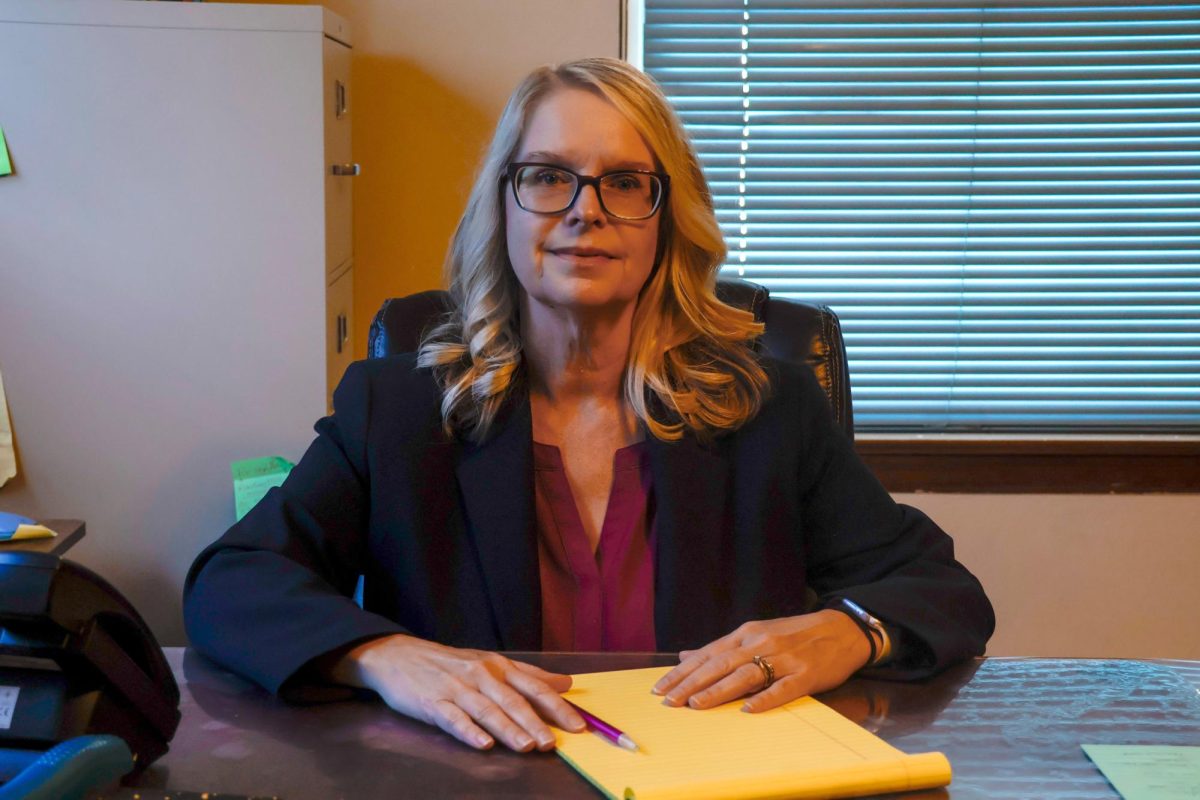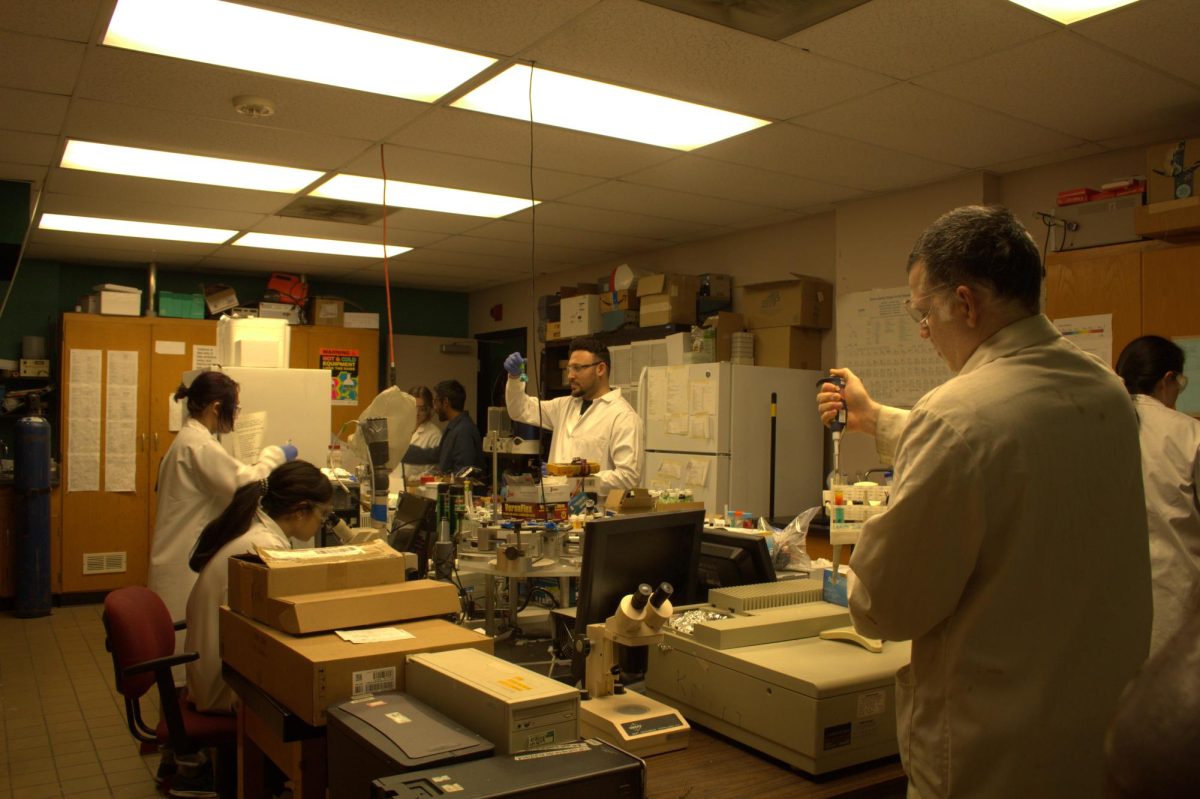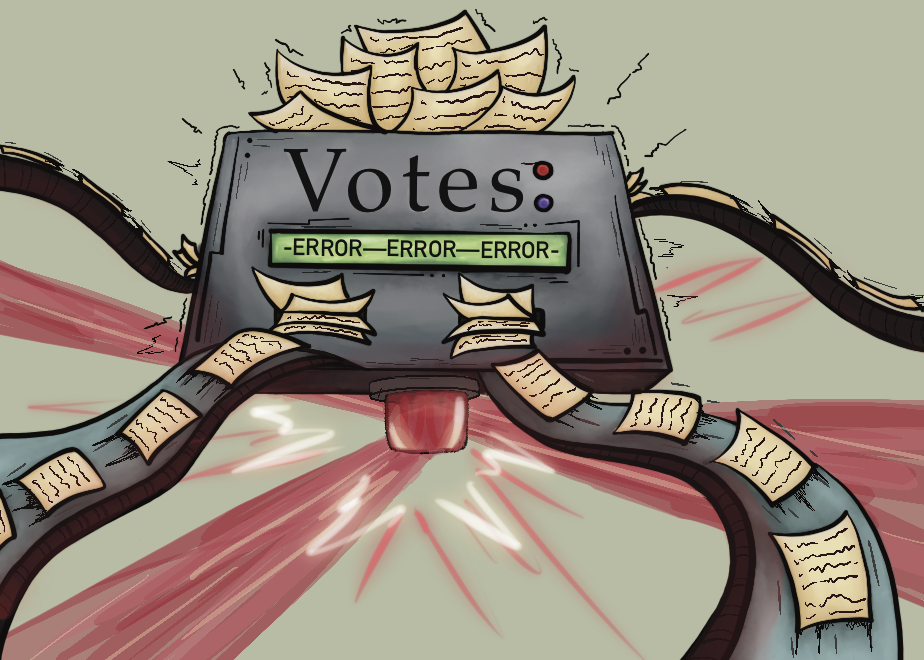Delays and a precipitous drop in the number of applications are plaguing the Education Department’s system for handing out federal student aid. In a conference call with reporters late Monday, Education Secretary Miguel Cardona said he is taking steps to help colleges prepare the Free Application for Federal Student Aid (FAFSA) as efficiently as possible.
“The Department’s top priority is to ensure students can access the maximum financial aid possible to help them pursue their higher education goals and bring college in reach for more Americans,” Cardona said.
A new, simplified FAFSA form was released in January, but parents and students reported frequent glitches with the web-based system. As a result, only about 676,000 high school seniors had submitted their FAFSA through late January, fewer than half as how many applied during the same period last year, according to the National College Attainment Network.
Advertisement
Cardona said, including high school and college students, nearly four million FAFSA forms have been processed as of Feb. 12.
Just last week, SIU announced it will be March before it can release FAFSA information to current and prospective students, details that usually would have been available for months by now. Without the information, students have no idea how much financial aid they can expect, affecting decisions on where to attend school, and whether it’s possible at all.
The SIU Financial Aid Office said in an email it hopes to announce aid awards by late March or early April.
“We recognize the importance of providing timely financial aid information as you prepare for the upcoming academic year. We are working diligently to ensure that your financial aid offers will be completed as quickly as possible once the FAFSAs are released by the Department of Education,” the email said.
The new FAFSA form was designed to be simpler, with 50 questions instead of the usual 100. The website did not go online until December 31, 2023, the last date it was legally able to do so.
New steps taken by the Education Department include: significantly reducing verification requirements while still taking steps to avert identify fraud; suspending new routine program reviews through June of 2024; providing additional flexibility on recertification by colleges and universities; providing a concierge service to under-resourced schools; making $50 million dollars in federal funds available to non-profit financial aid services; and delivering test records to schools by the end of this week so they can check their systems.
Cardona said it’s about having schools spend less time doing paperwork and more time providing students with the aid they need.
Advertisement*
“These are concrete steps” based on conversations with colleges, universities, parents and students, he said.
“We are laser focused on making the better FAFSA a reality,” Cardona said.
Advertisement
















